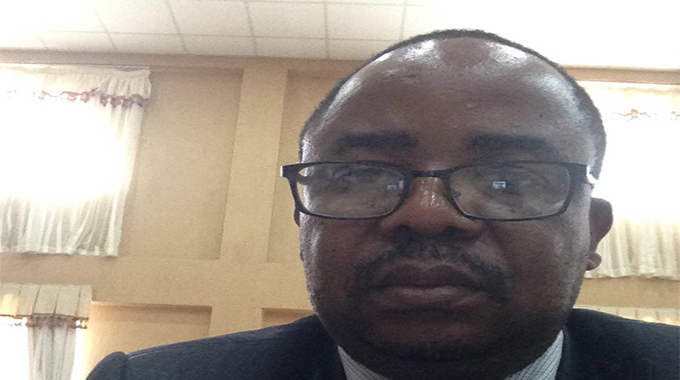Contraception, disability and sexual reproductive health

Health, Andile Tshuma
Zimbabwe has been facing a birth control crisis for the past few months as birth control pills were in short supply.
The situation was compounded by low condoms distribution in Bulawayo and other provinces.
Ironically, last week we commemorated World Contraception Day, which takes place on September 26 every year.
Launched in 2007, the day’s mission is to improve awareness on issues to do with contraception and to enable young people to make informed choices on their sexual and reproductive health.
This is a particularly sensitive area in view of the fact that contraceptives are directly tied to people’s health. Zimbabwe has made significant strides in improving sexual reproductive health and the fight against HIV/Aids.
What is worrying is that the shortage of condoms and other contraceptives if not addressed urgently might undo the positives recorded over the years.
The director of family health services in the Ministry of Health and Child Care Dr Bernard Madzima recently said illegal abortion was one of the leading causes of maternal deaths in the country.
He blamed shortage of contraceptives and failure by some women to access family planning services for the increase in illegal abortions.
Women with disabilities are often left out when it comes to issues of family planning yet they need the same options as other women.
According to the World Health Organisation, 214 million women of reproductive age in developing regions who want to avoid pregnancy are not using a modern contraceptive methods and women living with disabilities make a significant chunk of that group.
With the prevailing shortage of contraceptives in Zimbabwe, some couples, especially in rural areas are resorting to the withdrawal method, which puts them at risk of unwanted pregnancies.
Women with disabilities have a right to choose when to get pregnant and availing adequate family planning services is key.
An estimated 10 percent of the world’s population live with disabilities.
These people have the same sexual and reproductive health needs as other people yet they often face barriers to information and services.
The attitudes of society including health-care providers, often creates these barriers. Existing services can be adapted easily to accommodate persons with disabilities and what is only needed is change of attitudes as welll as increasing awareness among people with disabilities.
A lot can be accomplished by involving persons with disabilities in programme design and monitoring.
Some people living with disabilities have often been denied the right to establish relationships and to decide when and with whom to have a family. Many have been subjected to forced sterilisations, forced abortions or marriages.
People with disabilities are therefore vulnerable to physical, emotional and sexual abuse.
The International Conference on Population and Development Programme of Action (ICPD PoA) recognises: the basic right of all couples and individuals to decide freely and responsibly the number, spacing and timing of their children and to have the information and means to do so, and the right to attain the highest standard of sexual and reproductive health.
It also includes their right to make decisions concerning reproduction free of discrimination, coercion and violence as expressed in human rights documents
The health ministry should consider the needs and rights of persons with disabilities and to eliminate discrimination against persons with disabilities with regard to reproductive rights and household and family formation.
All too often, the SRH of persons with disabilities has been overlooked by both the disability community and those working on SRH.
This leaves persons with disabilities among the most marginalised groups when it comes to SRH services. Yet persons with disabilities have the same needs for SRH services as everyone else.
In fact, persons with disabilities may actually have greater needs for SRH education and care than other persons
due to their increased vulnerability to abuse.
The challenges to SRH faced by persons with disabilities are not necessarily as a result of disability but instead often reflect lack of social attention, legal protection, understanding and support.
Persons with disabilities at times fail to obtain even the most basic information about SRH. — @andile_tshuma











Comments